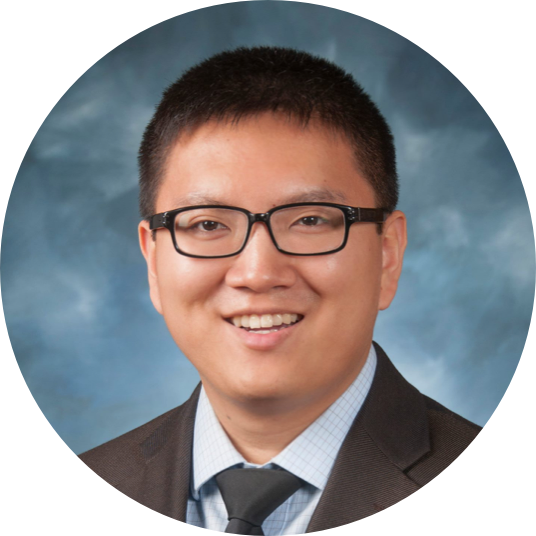
I still remember my first day of residency. I felt an overwhelming sense of anticipation. I trained for four years for this moment and now it’s here. Making the leap from medical school to residency is a major transition. Here are five residency tips on how to survive your next few years from those of us who have been there.
Residency Tip #1: Bring Your A Game
“Be enthusiastic even when the task seems menial or otherwise beneath you (hint – it isn’t beneath you if it is caring for the patient). Every detail of the care of the patient has some importance to that patient. These memories will support you when you are asking someone else to do those things, and you will understand better how the patient experience feels having been closer to the action.”
Family Medicine Physician
It’s show time. Residency is where you get to take all those lectures and clinical vignettes and long nights shadowing on wards and apply this knowledge to actual patient care. Patients are human beings and by our very nature, we can be temperamental, unpredictable, and blunt in how we treat each other. But these challenges are also where the practice of medicine shines through in our compassion for others. Medicine is a calling and a service. I hope you will develop the same empathy and compassion for taking care of patient as I have. It is a privilege to be able to walk into an exam room or an operating room and have the patient expose their most vulnerable parts of themselves to you. Patients, families, and staff will look to you for guidance. So let me ask you doctor, what are your orders?
Residency Tip #2: It’s All Who You Know
“Make friends with the nurses and nursing assistants. They spend the most time with patients and often are the first to notice something is wrong. They might not know what is wrong but that’s our job!”
Advanced Nurse Practitioner
Medicine today is a multidisciplinary model of care. Gone are the days of the solo practitioner yielding individual remedies for a single patient. As a physician, you will lead a clinical team including nurses, respiratory therapists, social workers, as well as fellow physicians from different departments. Learning how to be a team player is crucial. Communicate with each other and treat each other with respect. Remember, when you are asked to do something, they are asking for help. They are asking you to use your knowledge and expertise to improve their situation. I suggest that you take each request seriously, no matter how small or insignificant you feel that request may be.
Residency Tip #3: Anticipate Needs
“Do what needs to be done before you are asked to do so.”
Ear Nose and Throat Physician
The days in residency can be long. Sometimes mundane routines make one complacent to the challenges that you will find yourself in. My suggestion is to develop healthy habits. Get up at a set time. Pre round and see your patients at a set time. Work with your attendings to set up a mutually agreed upon routine to staff your patients. Always remember to take care of yourself. Go to the gym and get a daily dose of exercise. Residency is a high-stress environment. Sometimes even small medical problems become magnified during the course of residency. As an employee, you will have access to health insurance. I suggest that you utilize these benefits and stay on top of your health.
Residency Tip #4: Mistakes Will Happen
“You will learn more on the cases you miss than [the ones you] get right. Study your weak points when you find them.”
Radiology Resident
No one is perfect, not even a physician. Each time something goes awry, view this as an opportunity to learn and grow. Reflect on what happened and take-home points for areas of improvement. Residency is meant to be a training ground for you to learn and grow as a physician in a supervised environment.
Residency Tip #5: Be Patient-Centered
“Remember to listen to your patients. They will tell you what is wrong with them if you listen. You will most often get your diagnosis from the history you take.”
Ear Nose and Throat Physician
We live in such a technologically complex world now. In medicine, computers with access to the entire library of knowledge are present at every workstation. With the push of a button, reems of sophisticated imaging can be completed. Electronic medical records make a patient’s previous history easily accessible for a physician to view. Yet despite all this technology, never forget that at the core of medicine is the patient-physician relationship. No matter how many MRI or CT scans are ordered, the patient will never get better without the physician’s personal efforts. Machines don’t treat people. People treat people. People help other people get better. Don’t ever forget that.
Originally published June 15, 2021; updated March 7, 2022
Join the Conversation
Sign up for Figure 1 and be part of a global community of healthcare professionals gaining medical knowledge, securely sharing real patient cases, and improving outcomes.



